
As men get older, something magical happens—they start to savor the quiet moments. Socializing? Meh. The world’s always buzzing, but they’ve figured out the power of just being. So, let’s take a look at 20 reasons why more older men are choosing solitude over socializing and how it’s actually kind of a life hack.
Comfort With Solitude

Picture the peacefulness of having time entirely to yourself. For older men, this is a lifestyle. Many find solace in solo activities, like tinkering in the garage or spending hours with a good book. Why invite chaos when contentment is so easily found within the quiet?
Health Limitations

Simply getting out of bed in the morning can be a challenge for older men. Whether it’s stiff joints or chronic aches, everyday tasks can be physically taxing. Hence, social events, which demand movement and energy, might feel like insurmountable hurdles.
Loss Of Close Connections
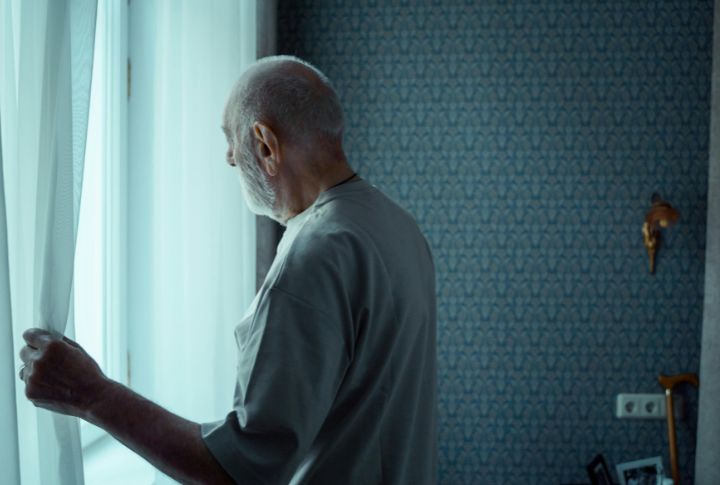
Losing friends and family members can leave a void that discourages socializing. With fewer people to connect with, older men may feel there’s no one left to share experiences with. The emotional impact of grief also leads to self-imposed isolation to avoid further emotional strain.
Social Anxiety

Imagine walking into a room full of strangers, feeling like everyone is watching you. For older men, the fear of being judged or making a mistake can cause serious social anxiety. The thought of dealing with awkward conversations or unfamiliar faces can make the comfort of home feel far more inviting.
Emotional Exhaustion

Years of handling life’s challenges can lead to emotional burnout. Older men may find that social events demand too much emotional energy, especially when coping with grief or caregiving responsibilities. This leads to a natural withdrawal from social opportunities that require emotional investment.
Difficulty Relating To Younger Generations
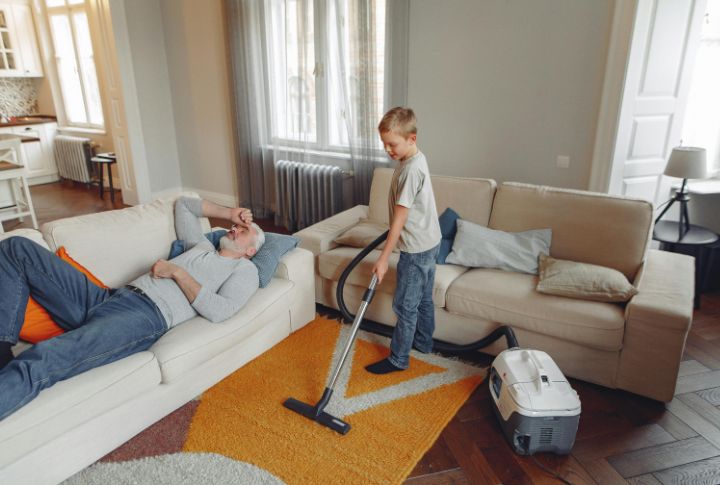
Walking into a room full of younger people with their trendy lingo and fast-paced lives can feel like being from another planet. The disconnect is real, and the temptation to just avoid it is strong. It’s easier to stay in your own world than to try to bridge that generational gap.
Aging And Identity Shifts

As men age, they experience a shift in how they see themselves. The once-active, social butterfly might find himself preferring solitude as a way to protect this new, more reflective self. That’s why the idea of maintaining a social life while undergoing such personal transformations can seem daunting.
Financial Constraints

Socializing often comes with costs, from transportation to meals. For men on a fixed income, such as retirees, this can make regular social activities seem unaffordable. Budgeting for necessities rather than leisure can lead to fewer social outings, reinforcing a cycle of isolation.
Fear Of Being A Burden
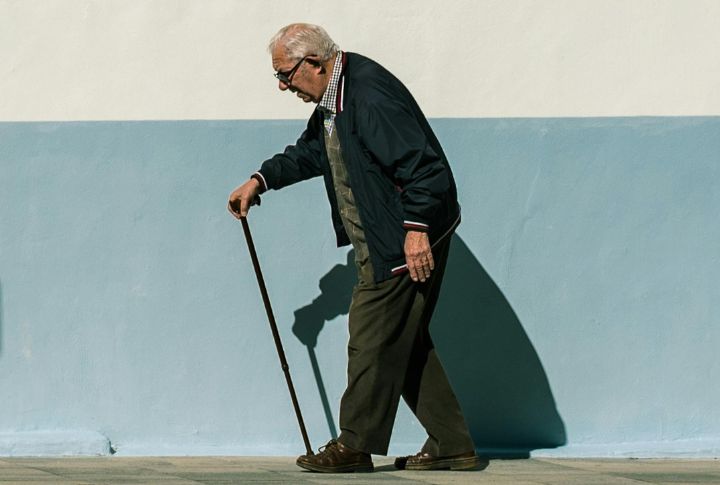
The fear of being seen as a “burden” on others is a powerful one. When mobility declines or physical needs increase, some men avoid social settings because they want to stay away from situations where assistance might be needed.
Lack Of Interest In Modern Social Norms

Social media? Not for everyone. Older men sometimes find the digital age’s social norms a little too much to handle. When your idea of socializing is face-to-face chat and not a tweet or DM, the online world might feel like a maze. Sometimes, face-to-face is just easier.
Comfortable Routine
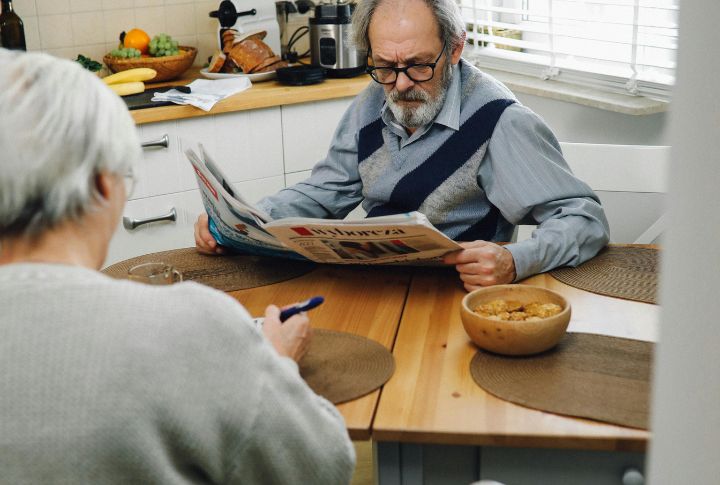
After years of the same routine, stepping out of the comfort zone can seem… well, a bit much. Getting up at the same time, sipping morning coffee, and reading the paper becomes a rhythm. And why mess with a good thing when you’ve got everything just right?
Perception Of Socializing As Energy-Consuming

Imagine getting a second wind at 10 PM for a late-night event. For many older men, energy reserves are limited. Socializing can feel like running a marathon when you’re more in the mood for a slow stroll. A quiet night with minimal effort just sounds so much better.
Low Motivation To Meet New People

When you’ve already built a rich circle of friends over the years, why bother starting from scratch? Meeting new people often feels like a whole new job. When your close friends are only a phone call away, it’s easy to skip the effort of connecting with strangers.
Negative Experiences With Socializing

Socializing isn’t always a walk in the park. Maybe there was that embarrassing moment where the conversation went downhill fast or that awkward silence. Some past experiences like this can haunt social interactions, making them less likely to go through it again.
Preference For Quiet Activities

Many older men prefer quiet, solitary hobbies like fishing, reading, or puzzles that require little to no social interaction. These activities provide a sense of calm and fulfillment without the need for external validation. The solitude in these pastimes can feel more rewarding than social events.
Lack Of Energy After Retirement

Retirement can bring both freedom and fatigue. With the structure of a 9-to-5 job removed, older men may feel less motivated to engage socially. The sudden abundance of free time might be spent resting or engaging in solo activities, leaving little room for regular social outings.
Fear Of Judgement Or Stigma
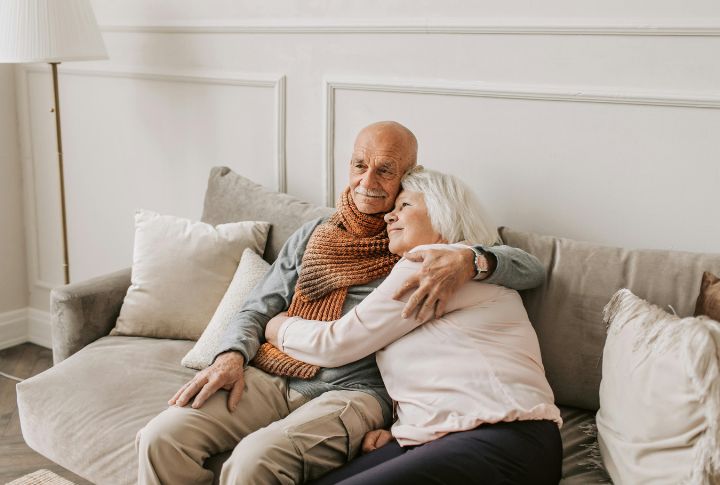
With time, people become more aware of how others perceive them. Worries about physical appearance, cognitive changes, or even the fear of being considered out of touch can make men hesitant to socialize. Staying home eliminates the anxiety of being judged or feeling self-conscious.
Preference For Smaller Social Circles
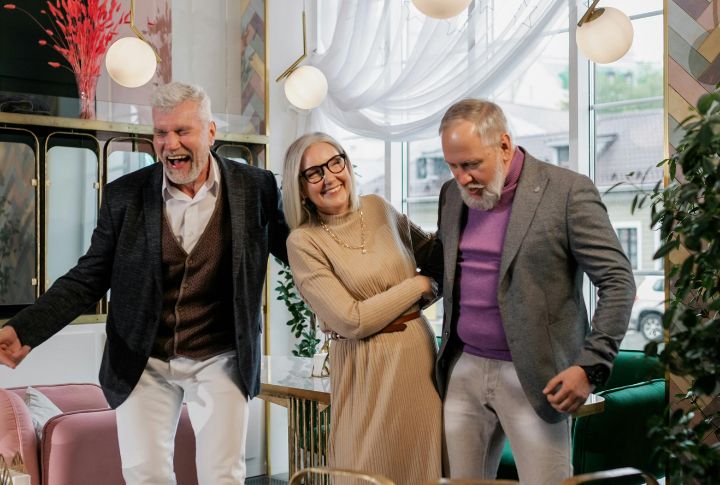
The idea of large social gatherings can feel overwhelming. Older men tend to prefer smaller, more intimate settings where they can connect deeply with a few trusted individuals. These quieter gatherings offer more meaningful interactions, and the need to cross a sea of unfamiliar faces is avoided.
Complicated Family Dynamics

Family dynamics can complicate social interactions. If relationships within the family are strained or dysfunctional, older men may avoid family gatherings. The emotional complexity of these interactions can overshadow the desire for social engagement.
Fear Of Losing Independence

Socializing sometimes requires relying on others for help, like getting a ride or assistance during events. This dependence on others can feel like a loss of independence, which is a key concern for many. To maintain autonomy, they might avoid social activities where they feel they need support.

